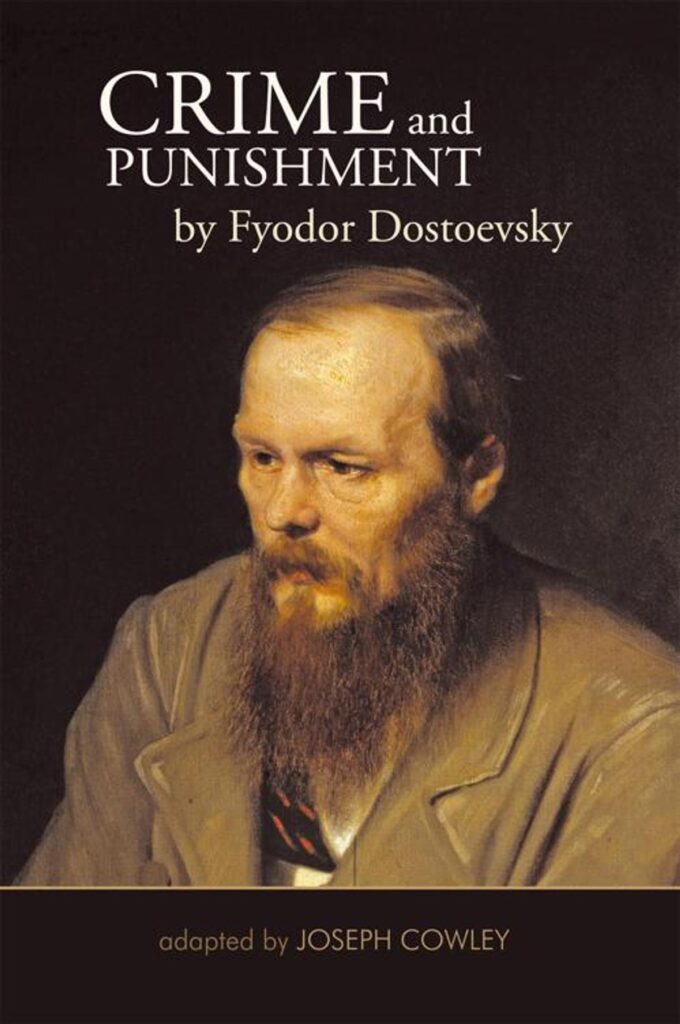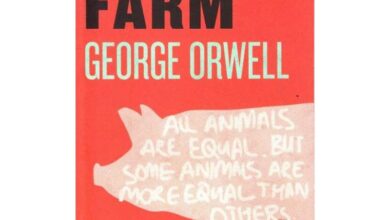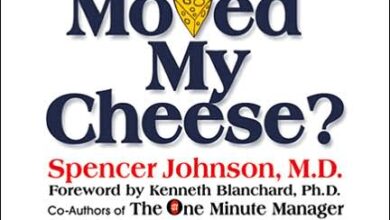Crime and Punishment by Fyodor Dostoevsky

Krim dhe ndeshkim Fjodor M Dostojevski

“Crime and Punishment” is a social, psychological, philosophical and ideological novel. This was a new novel for world literature, as it dealt with a variety of problems: the problem of the conditions of existence of society and the lower strata of the population, alcohol and prostitution. The novel was conceived by Dostoevsky as a reflection of the ideological murder committed by the poor student Raskolnikov.
In it the writer deals with the conflict, at the core of which lies the war of ideas. Dostoevsky makes the most in-depth analysis of the character’s condition in the most tense and turbulent moment of his life. At the moment of murder he reveals his spiritual world in the period before and after committing the crime. The main character of the novel is Rodion Raskolnikov, a handsome young man, a student expelled from university due to poverty.
His only source of livelihood was money, which his wealthy mother sent him. Raskolnikov lives under the shelter of a large house of several floors, in a narrow, low room that resembles a tomb in complete solitude, avoiding people and any communication. He has neither a job nor friends willing to help him. This condition greatly disturbs the character, negatively affects the shaky psyche.
He breathes in the hot, suffocating city of dust. He was oppressed by St. Petersburg, the city of the “half-mad.” He is surrounded only by the poor, the drunkards, who pour despair on the children. The good, generous man, who experiences with pain all injustices, who is troubled before human suffering, Raskolnikov understands the injustices of the world around him. He wants to change the world for the better, he wants to do thousands of good deeds, he wants to bring good people and help them. And he is ready to take upon themselves their sufferings, to help them at the cost of his own misfortune.
Reaching the deepest point of despair, Raskolnikov comes up with a terrible idea, according to which, every man with a strong soul, to achieve the noble goal has the right to remove all obstacles in his path in any way, including robbery and murder. He writes an article in which he elaborates his theory, according to which all people can be divided into two groups: “ordinary people” and “people who have the talent and talent to say in the environment the word of new self “. And these “special people” cannot live according to general laws. They have the right to commit crimes for the sake of realizing their noble purpose, for the sake of “destroying the present in the name of good.”
He believes that great personality is unquestionable. Raskolnikov is worried about the question: “Am I like everyone else, or …? A creature that trembles or am I right?” Found under the power of his own idea, he introduced himself to “extraordinary” people and, following his own theory, thought of killing the greedy old woman, who was buying or holding things hostage in exchange for money, while working with the stolen money. good, to escape the misery of his relatives. But despite Raskolnikov justifying this view according to his theory, he does not immediately decide on the murder. In the soul of the character a fierce internal struggle takes place.
On the one hand he believes in the veracity of his theory, on the other hand he cannot go beyond his own conscience. However, he calls the latter a weakness, which he must overcome. Raskolnikov’s dream comes out stronger and he decides to commit the crime, but decided not for the sake of money, but with the intention of “proving himself”, the ability to come out on top of his own life, as Napoleon did. He kills without wanting to agree with the morals of this world, where the rich and the strong despise and impoverish the weak, where thousands of lives die of misery.



